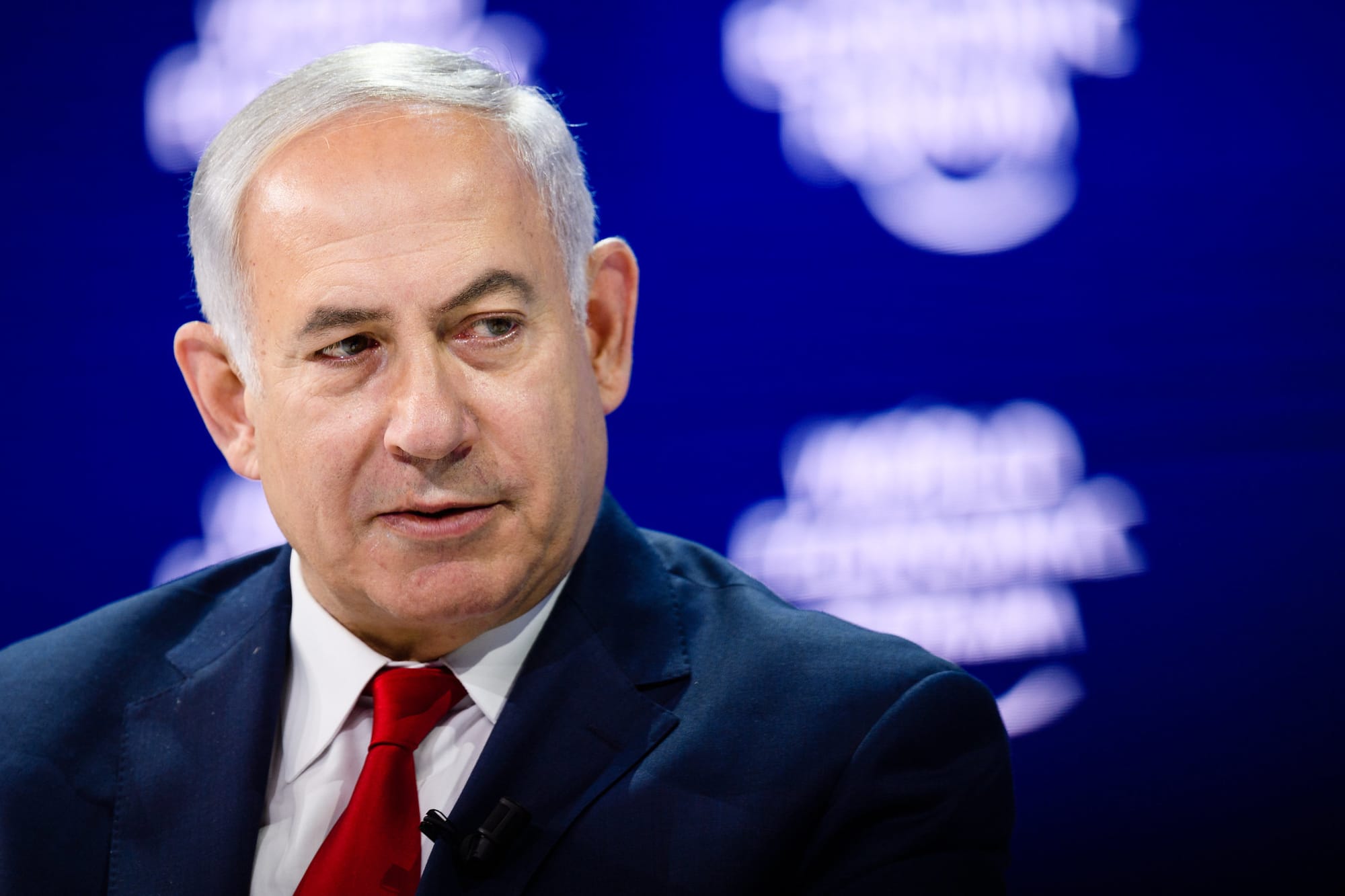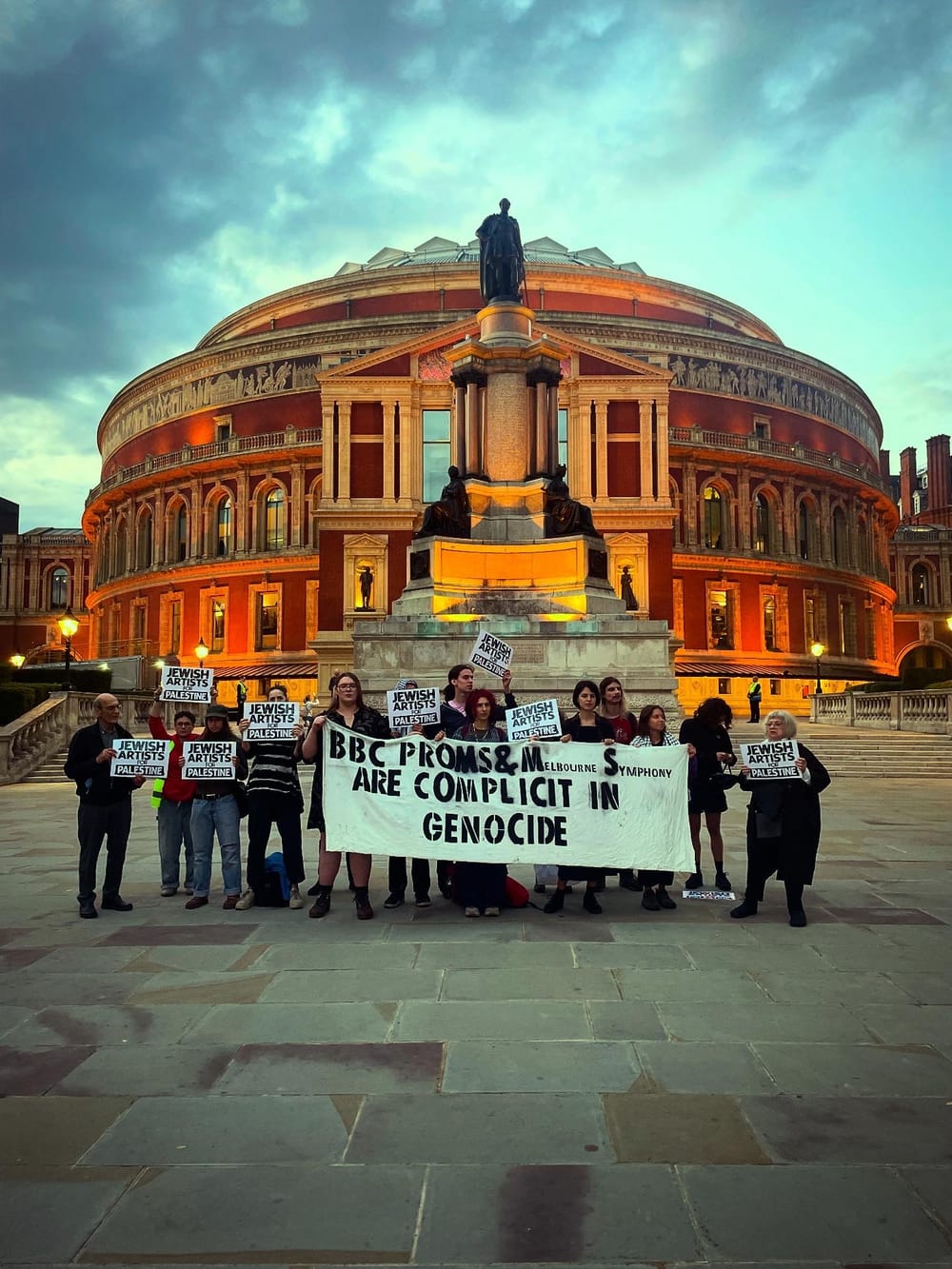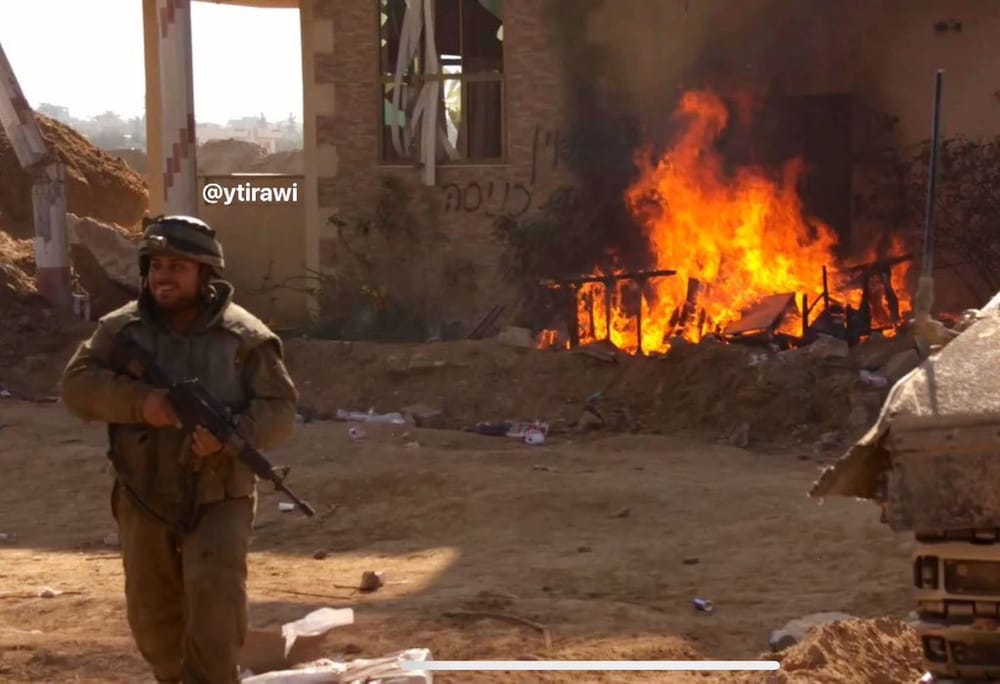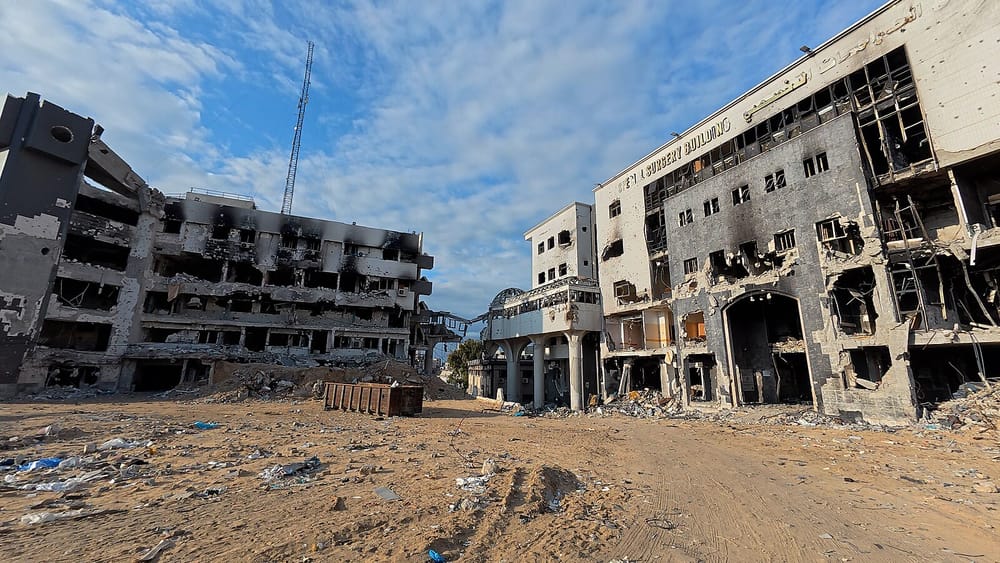
In the years before the Second World War, Jews in Europe were believed to have a particular habit for law-breaking. According to John Klier, a former professor of Modern Jewish History at UCL, part of this stereotype followed from a Jewish habit for revolutionary activity; another part came from the breaching of restrictions that applied to Jews only. The entire belief was underlined by historical prejudices which blamed Jews for the death of Jesus and claimed that the Talmud commanded violence against Christians. This supposed criminality was regularly used to justify antisemitic aggression, culminating in the Holocaust: “During the occupation of Poland and the Soviet Union,” Klier writes, “military action that formed part of the Final Solution was camouflaged as measures taken against ‘criminal elements’.”
Benjamin Netanyahu has drawn on this grim history this week. In response to the warrant for his arrest issued by the International Criminal Court (ICC) – along with one for former Israeli defence minister Yoav Gallant and Hamas leader Mohammed Deif, who Israel claims it killed in July – his office has alleged antisemitism and called the decision “equivalent to the modern Dreyfus trial”.
Considering the evidence – at least 45,000 Palestinian dead and Netanyahu’s own words – there’s no need to take his accusation seriously. But by pointing to the historical presence of antisemitism in matters of policing and justice, the Israeli prime minister has inadvertently emphasised something key to understanding the failure of the law so far in the face of this genocide: that its application is almost always decided by the powerful. This was true when tsars and emperors blamed Jewish criminality for political instability, and it remains true as accusations of antisemitism are used to target other minority groups today.
The international response to the ICC arrest warrants shows this process of elite law-manipulation in action. The US has “fundamentally rejected” the decision and asserted that the ICC is acting outside of its jurisdiction, despite Joe Biden’s warm welcome of the arrest warrant issued for Vladimir Putin in 2023. The UK has claimed that it respects the ICC’s jurisdiction but continued to reiterate Israel’s “right to defend itself” and denounce what it calls “the moral equivalence between Israel, a democracy, and Hamas and Lebanese Hizbullah, which are terrorist organisations.” As a signatory of the Rome Statute (unlike the US), the UK is expected to comply with the demand to arrest Netanyahu and Gallant if they travel here, but The Guardian reports that Downing Street has refused to confirm as much. These responses are not dictated by a moral position; they are dictated by colonial legacies and questions of power – and they have already undermined international law in the long run by setting a precedent that war crimes are not universally in breach of its principles.
Discussions of the unequal application of the law always makes me think of Frederich Engels’ definition of “social murder”, outlined in 1845’s The Condition of the Working Class in England. When people starved for want of work in industrial London, Engels writes, few juries were found “possessed of the courage to speak the plain truth in the matter. Let the testimony of the witnesses be never so clear and unequivocal, the bourgeoisie, from which the jury is selected, always finds some backdoor through which to escape the frightful verdict… The bourgeoisie dare not speak the truth in these cases, for it would speak its own condemnation.”
Normalising the grim deaths of paupers was, then, key to legitimising a system based on individual competition, to rendering natural the picking-off of those perceived as weak. The recent deaths in Gaza are obviously not social murder – they are direct murder, carried out with lethal weapons and ordered by politicians who are explicit about their intent – but the same can be said for normalising Palestinian death, which for years has been key to legitimising Israel’s occupation and the global hierarchy it represents. As Hamza Yusuf wrote in Vashti in 2023, up until October, that year “was already the deadliest for Palestinians since 2005, with more than 200 individuals murdered by Israeli soldiers or settlers. Where was the global outrage then? What explanation can there be for the sudden uptick in interest in the region we see today, other than that we are dealing with non-Palestinian lives, which qualify as important?”
In this moment, the rush to defend Netanyahu and his “democratic” country tracks with other instances in which the British state has failed or refused to punish those guilty for inflicting and enabling large-scale suffering. Grenfell, the financial crash, Covid; slum landlords, fossil fuel giants. The law, history makes clear, is simply not meant for them.
Who the law really applies to was made evident by another, smaller news story this week. Starting on Wednesday, and lasting over 24 hours, anti-terror police raided the homes of a number of individuals allegedly involved in the direct action group, Palestine Action. Ten were arrested. The police reportedly expelled the arrestees’ family members and housemates from their homes for up to three days; one arrestee’s mother and younger brother were handcuffed.
These arrests are understood to be related to a direct action this August, which saw a van used to break through the perimeter of an Elbit Systems factory in Filton and the machinery inside damaged. Police said two officers were also assaulted. Since then, ten other Palestine Action activists have also been remanded in HMP Bronzefield, and despite being charged with non-terror offences, they are expected to remain there until their trial in November 2025, with restrictions on their visiting rights. The youngest of them is 21.
“If allegations of trying to stop manufacture of weapons used by Israel are true,” campaign group CAGE tweeted as the raids continued, “these activists are merely fulfilling legal obligations imposed by International Conventions on Prevention of Genocides.” It is hard to see this week's events side-by-side as anything other than perverse: protesters are targeted by anti-terror police (at the encouragement of a government advisor with questionable motives) while officials continue to justify the genuinely terrifying actions of the Israeli government as self-defence. It is only the actionists we know for certain that the British government is willing to lock up. But who is the real threat?
This tension is going to deepen as the authority of international law continues to wither. Civilians will feel more compelled to protest – to render visible and undeniable the violence that governmental language obfuscates – and domestic law and its enforcers will become more aggressive. Increasingly strict protest laws are being passed across Europe, and in the US, the Heritage Foundation’s Project Esther proposes the use of a range of legal tools to shut down progressive institutions in the name of Jewish safety. Keir Starmer is upholding the repressive anti-protest legislation passed under the Conservatives and continuing the attempt to lower the threshold at which they apply. Engels is again relevant: the man who cannot find work “may steal, if he is not afraid of the police, or starve, in which case the police will take care that he does so in a quiet and inoffensive manner.”
The arrest of Netanyahu and Gallant, if it happens, could force a pause. As the first time that leaders of a West-aligned state have been charged by the ICC in its 22-year history, the charges indicate the liberal international order may yet deliver on the protections it promised. But the ease with which it has been undermined by governments like our own when it no longer serves their interests makes clear the necessity of building a system of real, consistent accountability, capable of amplifying the voices and demands of normal people from Gaza to Grenfell. Doing so, I think, starts with asking ourselves the following question: what do I believe constitutes a crime? ▼
Francesca Newton is an editor at Vashti.
Author

Francesca Newton is assistant editor at Tribune and an editor at Vashti. She currently lives in Melbourne.
Sign up for The Pickle and New, From Vashti.
Stay up to date with Vashti.



